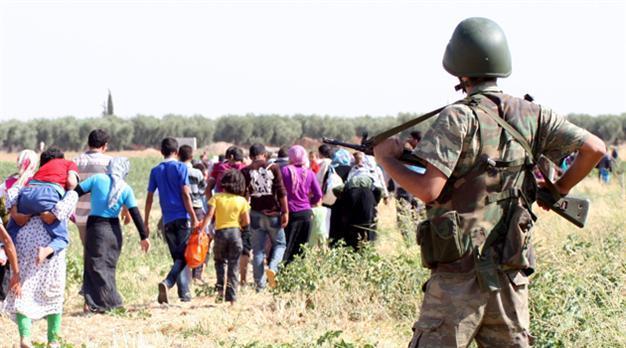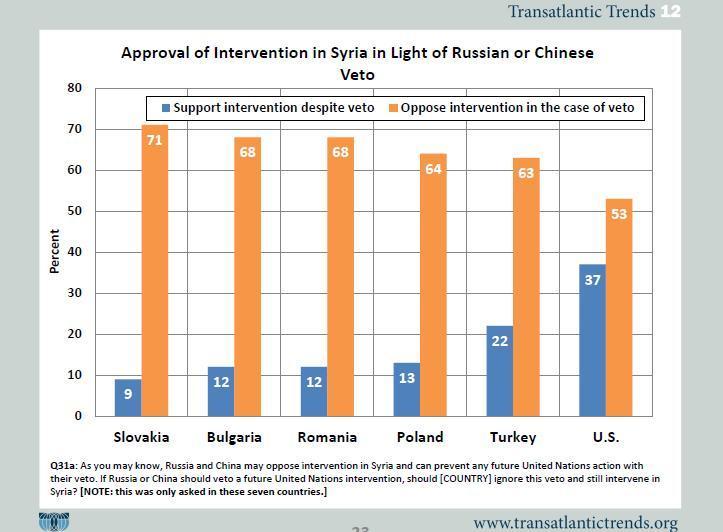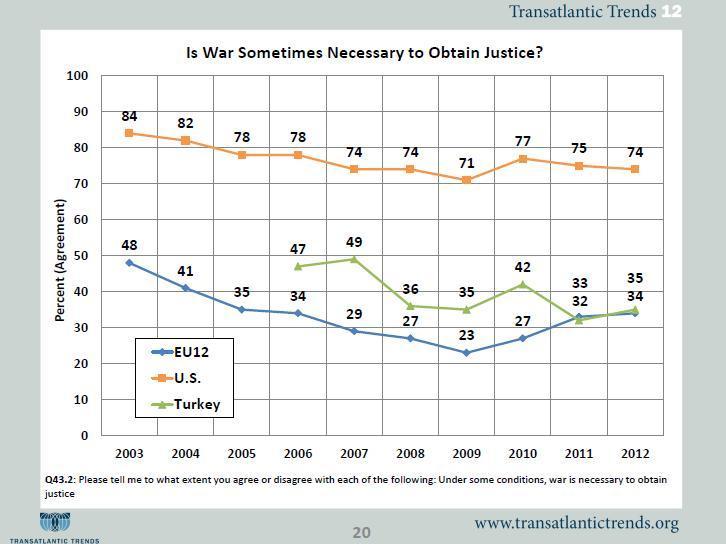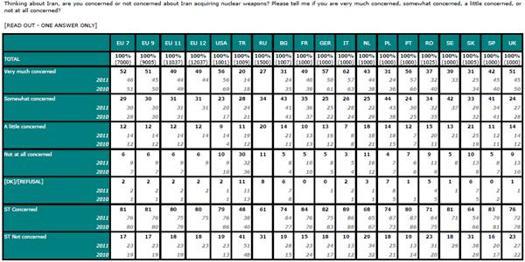World, Turkey oppose Syria war, back Obama
ISTANBUL - Hürriyet Daily News

A Turkish border sentry looks on as a group of Syrians cross the border back into their homeland after hearing news that the Free Syrian Army has taken control of their villages in this Aug 29, 2012, photo. AA
A clear majority of Turks are against a military intervention to put a halt to the violence in Syria, according to a recent poll by the German Marshall Fund.Some 57 percent of Turkish respondents in the Transatlantic Trends survey categorically rejected a Turkish invasion after being asked: “Recently, there has been discussion of the desirability of intervening in Syria, where the government has been using military force to suppress an opposition movement which is fighting the Syrian government. In this situation, what do you think [Turkey] should do?”
The number of respondents opposed to a Turkish intervention would jump to 63 percent if Russia and China used their position as permanent members of the U.N. Security Council to veto an intervention.
At the same time, 32 percent of Turks said the country should intervene.

The findings mirrored numbers elsewhere in the world, where 55 percent of U.S. respondents opposed an intervention, as did 59 of their EU counterparts.
The poll also revealed that Turks concerned about Iran’s potential acquisition of nuclear weapons outnumber those without such worries for the first time.
The survey, which has been conducted for the last 11 years, included Russia for the first time this year. While Americans, Europeans and Turks give broad approval to the responsibility to protect civilians from violence, a concept that came to dominate the international agenda with the wars in Bosnia and Herzegovina, Kosovo and, most recently, in Libya, they differed on how fulfilling such a responsibility should be approached.
Russia (at 40 percent), as well as Turkey and Poland (at 42 percent each), exhibited the lowest amount of support for the principle of the responsibility to protect civilians from violence. The EU average was 67 percent, with Sweden (81 percent) and France (76 percent) recording the highest rates of agreement.
Only 35 percent of the Turks agreed that war was sometimes necessary to obtain justice, one percentage point above the European average. In contrast, the rate was 74 percent in the United States.

After Russia, Turkish respondents were the most dismissive of the notion that intervening in Iraq, Afghanistan and Libya was the correct course of action, exhibiting rates of just 23 percent on Iraq, 19 percent on Afghanistan and 20 percent on Libya. In the EU, the average was 38 percent for Iraq, 42 percent for Afghanistan and 48 percent for Libya.
While majorities in the polled countries favored a withdrawal of international forces from Afghanistan, Turkey differed from the others, with 37 percent saying the forces should be kept at their current level – putting it second in the category behind Sweden at 45 percent.
Only 22 percent of Turks favored a complete withdrawal from Afghanistan, making it the lowest in Europe, 53 percent of whose respondents favor a total pullout.
In all, most respondents are pessimistic about the prospects of stability in Afghanistan, as 70 percent of EU citizens and 56 percent of Americans expressed worries on the matter. The level of pessimism about Iraq’s future was 64 percent in the EU and 50 percent in the U.S., while 46 percent in the EU and 40 percent in the U.S. said they doubted Egypt would have a stable future.
Turks worried about Iranian nuclear weapons
The number of Turks expressing concern about Iran’s acquisition of nuclear weapon visibly rose this year, to 48 percent, from 38 percent in 2011 and 40 percent in 2010.
The number who said they were not concerned was 41 percent this year, while it was 51 percent in 2011 and 48 percent in 2010.

















